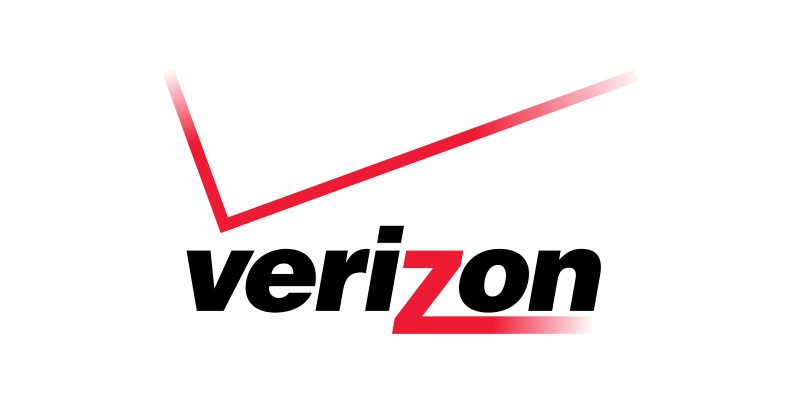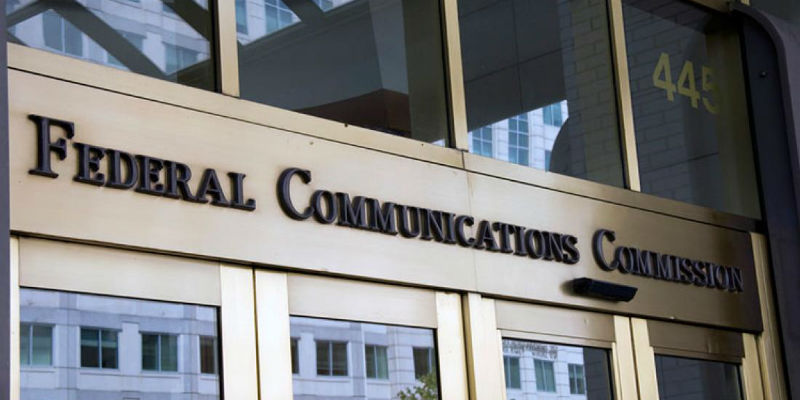In just the latest event in the long saga of NTCH, Inc. battling the FCC and Verizon Wireless when it comes to the Commission’s data roaming rules, the United States Court of Appeals for the District of Columbia Circuit has issued a 3-0 opinion in favor of the respondents. In 2007, the FCC established its first roaming rule – known as the “automatic roaming” rule – which obligated commercial mobile radio service (CMRS) providers that offer real-time, two-way switched voice or data service that is interconnected with the public switched network and utilized an in-network switching facility to extend roaming, upon reasonable request, and on reasonable and not unreasonably discriminatory terms and conditions, to other similarly situated CMRS providers. The 2007 automatic roaming rule only allowed for access to voice and SMS roaming and not to data roaming services. In 2011, the FCC released its Data Roaming Order applicable to “commercial mobile data services,” which generally include commercial mobile services that are not interconnected with the public switched network. The Data Roaming Order, which derived its authority from Title III of the Act, requires commercial mobile data service providers to offer roaming arrangements to similarly situated providers “on commercially reasonable terms and conditions,” subject to certain limitations. AT&T and Verizon Wireless fought tirelessly to prevent the Data Roaming Order from getting released, and it was adopted by the FCC Commissioners on a 3-2 vote. Verizon Wireless even went so far as to file suit against the FCC in court to have the rule reversed – an effort which ultimately failed after a unanimous decision by the three judge panel in December 2012 to uphold the FCC’s legal authority and the Data Roaming Order itself. On November 22, 2013, NTCH filed a complaint at the FCC against Verizon Wireless alleging among other things that the larger carrier offered roaming rates that were unjust and commercially unreasonable. In June of 2016, the FCC’s Enforcement Bureau, but not the full Commission, released an order in favor of Verizon, so NTCH eventually appealed this bureau order. The three judges were sympathetic to NTCH’s position, but ultimately ruled that an Enforcement Bureau action was not a “final Commission Order” under the applicable laws, and that NTCH, if it wishes to pursue the case, can only appeal to a Federal Appeals court after such a final agency action.








